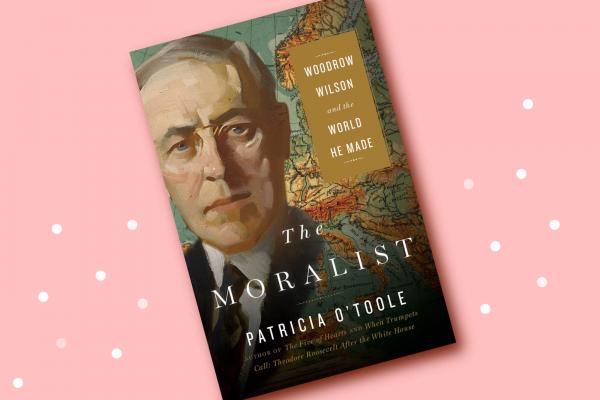IN SPRING 1917, as the stark brutality of World War I continued into its fourth year, U.S. President Woodrow Wilson reversed his advocacy for neutrality and declared war on Germany. This controversial decision allowed a financially strapped Britain to hold out against the German onslaught.
As the war ended in November 1918, Wilson, the tight-lipped, egotistical former Princeton University president and governor of New Jersey, emerged as a great hero in Europe. “Thousands ... knelt along railway tracks to offer prayers as he passed,” writes historian Patricia O’Toole in her recently released biography, The Moralist: Woodrow Wilson and the World He Made. “Wilson ... beamed and bowed and tipped his silk hat times without number.”
Back in the U.S., Wilson was not so popular. His party, the Democrats, lost both houses of Congress. On Oct. 2, 1919, Wilson suffered a paralyzing stroke after a month of travel to build support for the Treaty of Versailles to formally end World War I.
Read the Full Article

